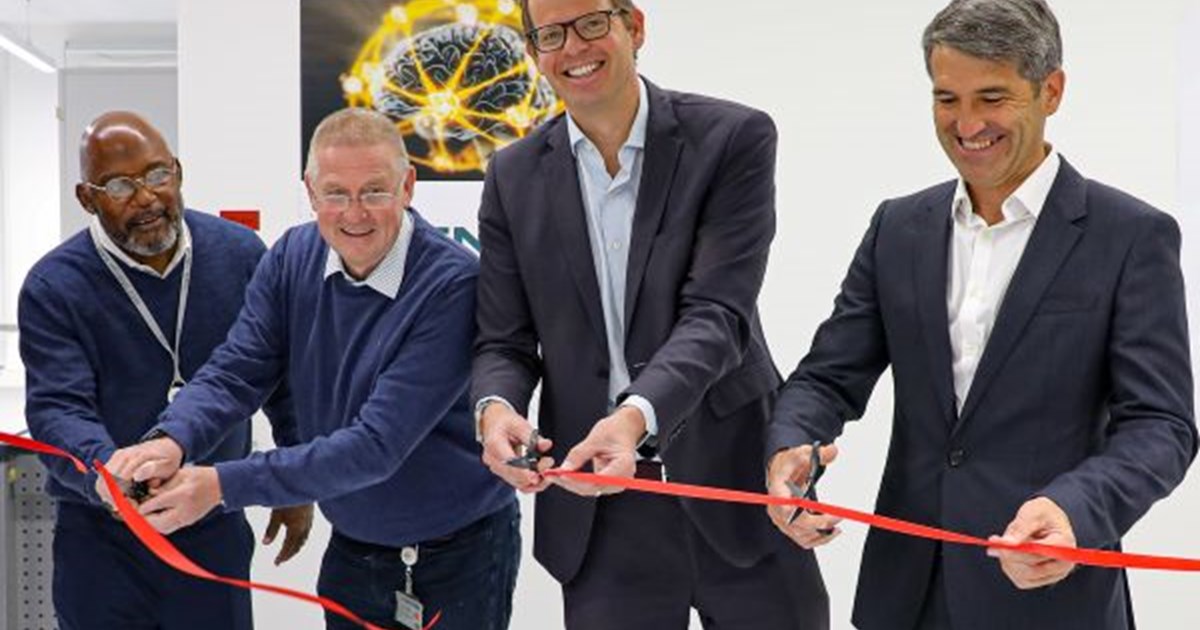Infineon Technologies has opened a new laboratory for the development of quantum electronics in Oberhaching near Munich.
The purpose of the new facility is to develop and test microelectronic circuits for quantum computers that are stable, small, reliable and can be produced on an industrial scale, the company said.
Approximately twenty researchers will work in the lab, and in addition to quantum computing, activities will also focus on developing artificial intelligence algorithms for early detection of variances in power systems.
“Infineon intends to reinvent the core of the quantum computer. One of the main tasks of the new quantum laboratory will be the development and testing of electronic systems for teleion quantum computing with the goal of integrating these systems into the quantum processing unit,” said Richard Koncic, senior vice president and director. The entire power system at Infineon Technologies, he explained, is a prerequisite for making quantum computing scalable and usable.
Quantum computers will revolutionize many applications thanks to their computational power.
The company has installed an innovative cryostat, a type of super refrigerator that can cool down to 4 degrees Kelvin (-269 degrees Celsius). Qubits, the smallest computing units with quantum computers, are very sensitive and stable enough only under extreme conditions, typically below -250°C and at the lowest possible pressure. Electronic systems must also be able to continue working despite these extreme conditions in environments so cold that many materials change their properties, including their electrical behavior.
Although there are already a significant number of quantum computers, these are usually facilities built by and for research facilities.
Several development steps must be mastered before scaling to powerful quantum computers and industrializing the technology. It involves the precise electronic manipulation of hundreds and thousands of qubits.
To address this, among other things, the team at Oberhaching is developing optical detectors to read the quantum states of ions. As a result, the team at the new facility will work closely with Infineon’s quantum laboratory in Villach, which is itself a specialist in ion traps. The new lab will also pursue collaborations with colleagues in Dresden and Regensburg working on silicon qubits and superconductors.
In the field of power semiconductors, the lab will use artificial intelligence to better simulate and predict aging and failure characteristics of microelectronics in the power sector. This not only requires the development of the necessary algorithms. Much more, practical measurements should form the data base for training neural networks and verifying their behavior. This helps to better estimate the life of power converters and helps to detect anomalies.
According to Infineon, these types of insights are important for effective preventive maintenance to prevent equipment failures and optimize usage periods.
Image title: From left to right, Infineon’s Chuck Spinner, Head of Central R&D Power Systems and Solutions (PSS). Hartmut Hiller, Head of Research and Development at Infineon. Adam White, Head of Power Systems and Solutions. and Richard Koncic, Head of Power Systems)
#Electronics #Infineon #opens #Quantum #Electronics #Power #Lab
Image Source : www.newelectronics.co.uk

